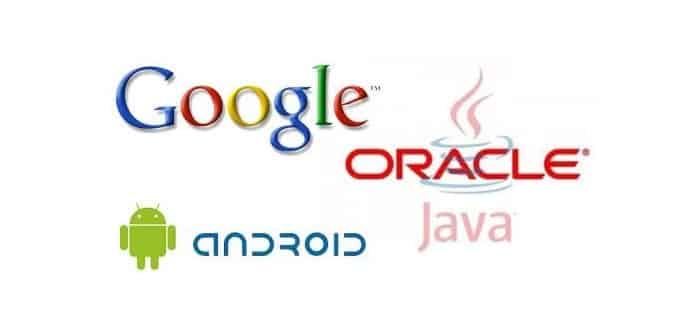The mega court battle between Google and Oracle over Android using Java starts
A yet another courtroom showdown between Oracle and Google over Java is expected on the cards.
A US district court in San Francisco will now have to determine whether Alphabet’s use of copyrighted API packages amounted to fair use. If not, the court will have to assess the damages. If all goes Oracle’s way, the software giant stands to be the biggest winner given that a fine of up to $9 billion could be in the offing, thereby so far surpassing any other copyright verdict.
The huge fine is not the only concern that Google will have to worry about. Also, the outcome could influence not only the next versions of Android but also the way developers, from major companies and startups alike, approach interoperable software going forward.
The upcoming trial is the second time Oracle has faced off in court with Google over copyrights and the Android mobile operating system. Google had abandoned licensing negotiations with Sun Microsystems, which developed the JAVA APIs, in use on Android. Upon acquiring Sun in 2010, Oracle sued saying that by using declaring code in 37 Java APIs without paying licensing fees, Google broke copyright law.
After an initial trial that concluded in 2012, US District Judge William Alsup ruled that APIs can’t be copyrighted at all. Upon Oracle’s appeal, however, a federal appellate court reversed that ruling in 2014 and held that the Oracle APIs were protected under the U.S. Copyright Act. But that court left it up to the lower court to decide if Google’s actions constituted fair use as defined under the Copyright Act.
So, the case is back in federal court in San Francisco. It is expected to use several weeks on the court calendar.
Judge Alsup is once again presiding over the case and explained to the jury the concept of fair use this way: “The policy behind the right of fair use is to encourage and allow the development of new ideas that build on earlier ones, thus providing a counterbalance to the copyright policy to protect creative works.”
Fair use is often applied to material used for scholarly purposes, or for news reporting and commentary. In this case, the jury has to take into consideration quite a few factors, such as whether and to what extent the use of the copyrighted material was used for commercial gain, and whether its use was “transformative.”
“What does transformative mean?” Alsup wrote to the jury. “A use is transformative if it adds something new, with a further purpose or different character, altering the first use with new expression, meaning, or message rather than merely superseding the objects of the original creation.”
The more transformative a work is, the less the other factors like commercialism matter. This will be an important factor in the trial.
Google in its defense has always insisted that it should be allowed to use Java without paying a fee under the fair use provision of copyright law. A critical part of Google’s case depends on the argument that it changed the nature of the APIs in question by adding some code on Android something that Oracle failed to accomplish on its own. However, Oracle argues that the development of Android didn’t change the nature of the APIs.
For its part, Oracle maintains that the use of Java API’s by Google gave it a leg up in the smartphone business. It says it is especially outraged by the way the search giant paid handset makers to avoid Java, which controlled 80% of the smartphone market in the early 2000’s, to switch to Android.
The jury that is expected to decide the fate of a nearly $9 million dollar legal battle between Oracle and Google has been selected. Ten men and women from different backgrounds (former aerospace CFO, a lawyer who works for local government, an employment coordinator, an electrician, a homemaker, a retiree, and a product manager for a local power company) were selected after several hours of questioning, Ars Technica announced.
Most of the jurors were not aware of this high-profile case.

